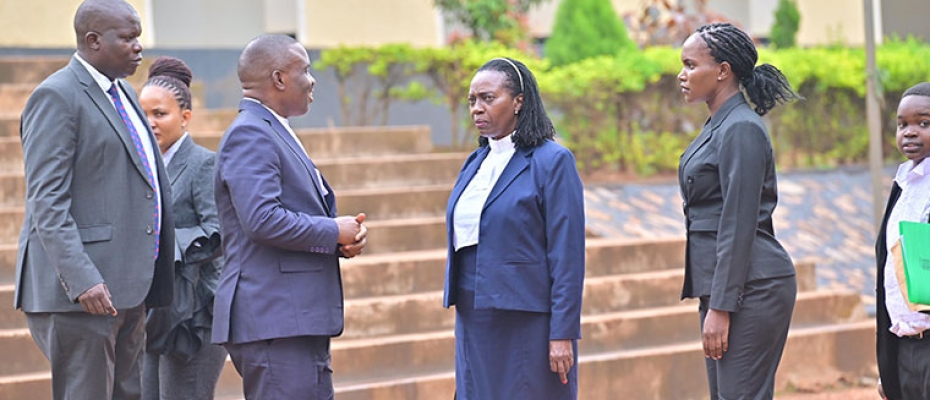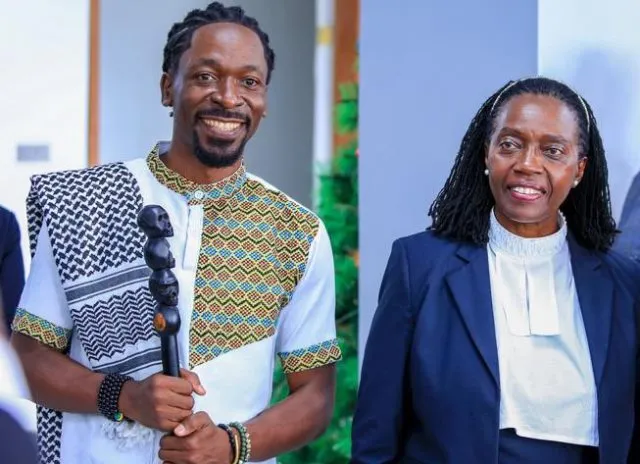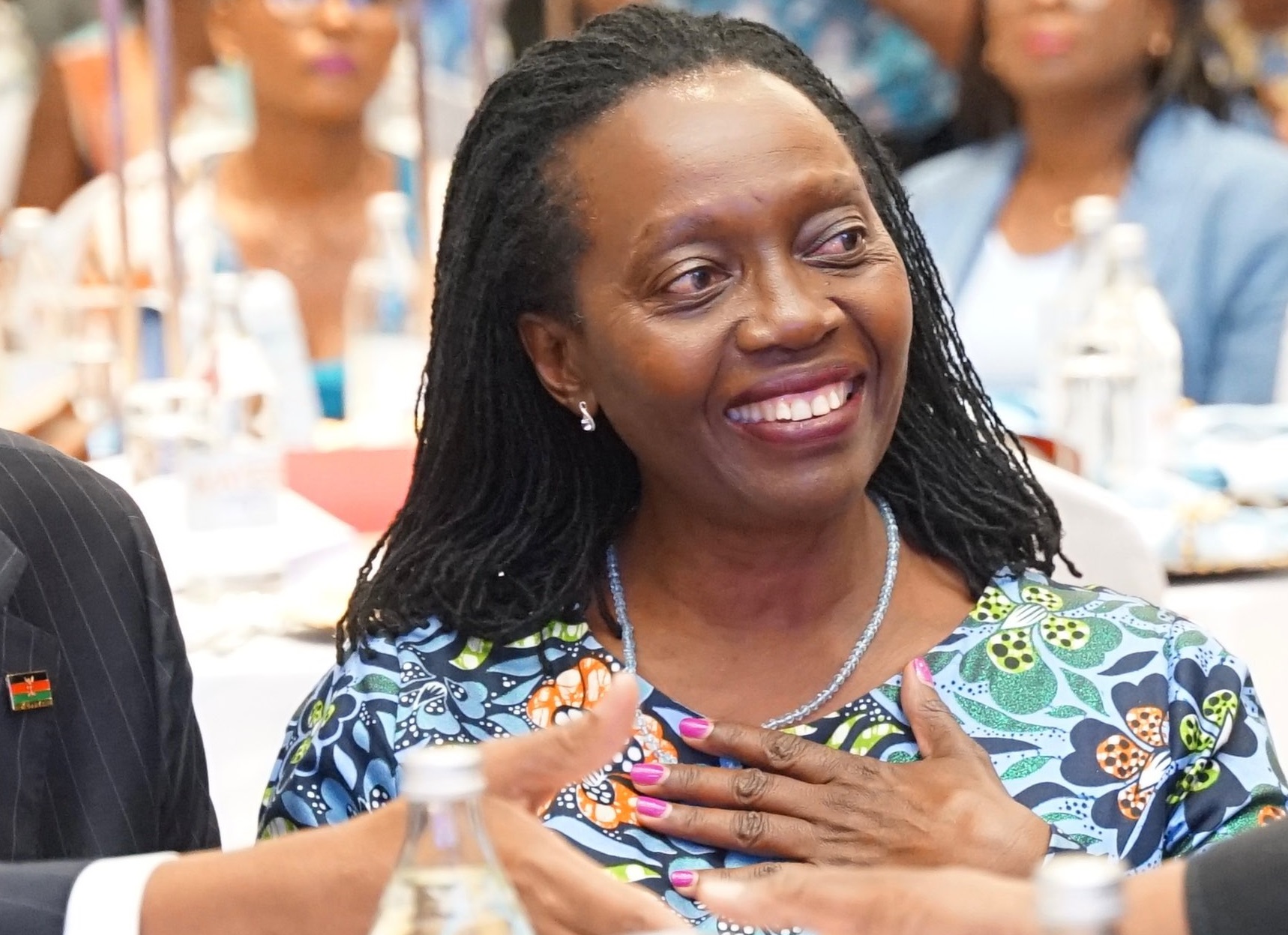The decision by renowned Kenyan lawyer, Martha Karua, to represent a client in a Ugandan court has sparked considerable debate. While such cross-border legal practice is legally permissible under certain circumstances, it raises intriguing questions about the implications for Uganda’s legal landscape.
It is undeniable, that there is an issue of legality and precedent that underpins the legal cooperation of most Nations. Kenya and Uganda, in particular share a common-law heritage that facilitates legal cooperation. The East African Community (EAC) Treaty further promotes regional integration, enabling qualified legal practitioners from member states to represent clients across borders with appropriate authorization.
In Uganda for example, the Advocates Act and associated regulations outline the specific requirements for foreign lawyers seeking to practice. They must obtain an ad hoc license from the Uganda Law Council, demonstrating requisite qualifications and experience.Precedents for cross-border legal representation exist in Uganda, particularly in cases with regional or international dimensions. These instances often involve foreign lawyers bringing specialized expertise or being specifically requested by clients.
Several factors influenced Martha Karua’s choice as a lead counsel in the case of Dr. Kizza Besigye in the Court Martial. Her expertise and reputation to the effect that Karua’s distinguished legal career, particularly in constitutional and human rights law, makes her a formidable advocate. It is also a client’s prerogative: Ultimately, the client, in this case, Col.(RTD) Kizza Besigye, has the right to choose legal representation that aligns with their strategic needs.

And aware of the different dimensions of the case, symbolism cannot be ruled out. The involvement of a prominent Kenyan lawyer is a deliberate move to garner regional attention to the case and underscore the interconnectedness of justice and governance issues within East Africa. But for a more political reason, there seems to be some clout posturing by fronting Karua.
The above notwithstanding, there are several Implications for Ugandan legal fraternity worthy reflecting on. The engagement of Martha Karua and the attention it has received could potentially impact Ugandan lawyers in several ways: Perception of Local Expertise-the resultant risk that it poses on the capacity, expertise and quality of the lawyers in Uganda, since it undermines the competence and capacity of Ugandan legal practitioners as incapable, inexperienced and only fit for accompanying the expert from Kenya.
The fronting of Martha Karua further erodes professional confidence in away. The decision to engage Martha Karua significantly erodes confidence in the capabilities of Ugandan legal practitioners. This can manifest through perception of inferiority. If local lawyers are consistently overlooked in favor of foreign counsel, it can create a perception that they lack the necessary skills or expertise to handle complex legal matters. This is particularly damaging when foreign lawyers are brought in for high-profile cases that could be effectively handled by local legal talent.
Fronting Martha Karua further leads to loss of opportunities: When foreign lawyers are frequently hired, it can limit opportunities for local lawyers to gain experience and develop their skills. This can hinder their professional growth and limit their ability to advance in their careers.
It also has an economic Impact in the sense that the influx of foreign lawyers can have economic implications for the local legal market, reducing the number of legal jobs available to Ugandan lawyers and limit their earning potential.
To mitigate these negative impacts, it is crucial to recognize the value and expertise of local lawyers. By prioritizing local talent and providing opportunities for professional development, Uganda can ensure the continued growth and success of its legal profession. The Martha Karua scenario presents an opportunity for reflection by Uganda’s legal fraternity to reassess its competitive positioning and explore strategies to enhance its reputation.
On another hand, there is need to balance Regional Integration and National Interests. While regional integration is essential for economic and professional growth, it should not overshadow the importance of prioritizing and protecting local professionals. Cross-border legal representation should complement, not compete with, local expertise.

To address concerns and foster trust, steps should be taken through; strengthening local advocacy by Ugandan lawyers proactively showcasing their expertise and build client trust through consistent performance. The Uganda Law Council should consider reviewing and streamlining policies on foreign legal representation to ensure clarity and fairness.
Regional Collaboration should be fast-tracked and Legal fraternities of EAC member states should engage in structured collaborations to enhance mutual respect and professional growth.
In conclusion therefore, while Martha Karua’s involvement in a Ugandan legal case is legally permissible, it underscores the delicate balance between regional integration and national interests. Uganda’s legal fraternity, comprising highly skilled and experienced lawyers, should not be overshadowed by external influences even when they are highly motivated by political populist manipulations and clout chasing as it seems to be the case. It is imperative that the judiciary, professional bodies, and local lawyers work together to safeguard the interests of the profession and ensure that justice is served effectively within the country.




